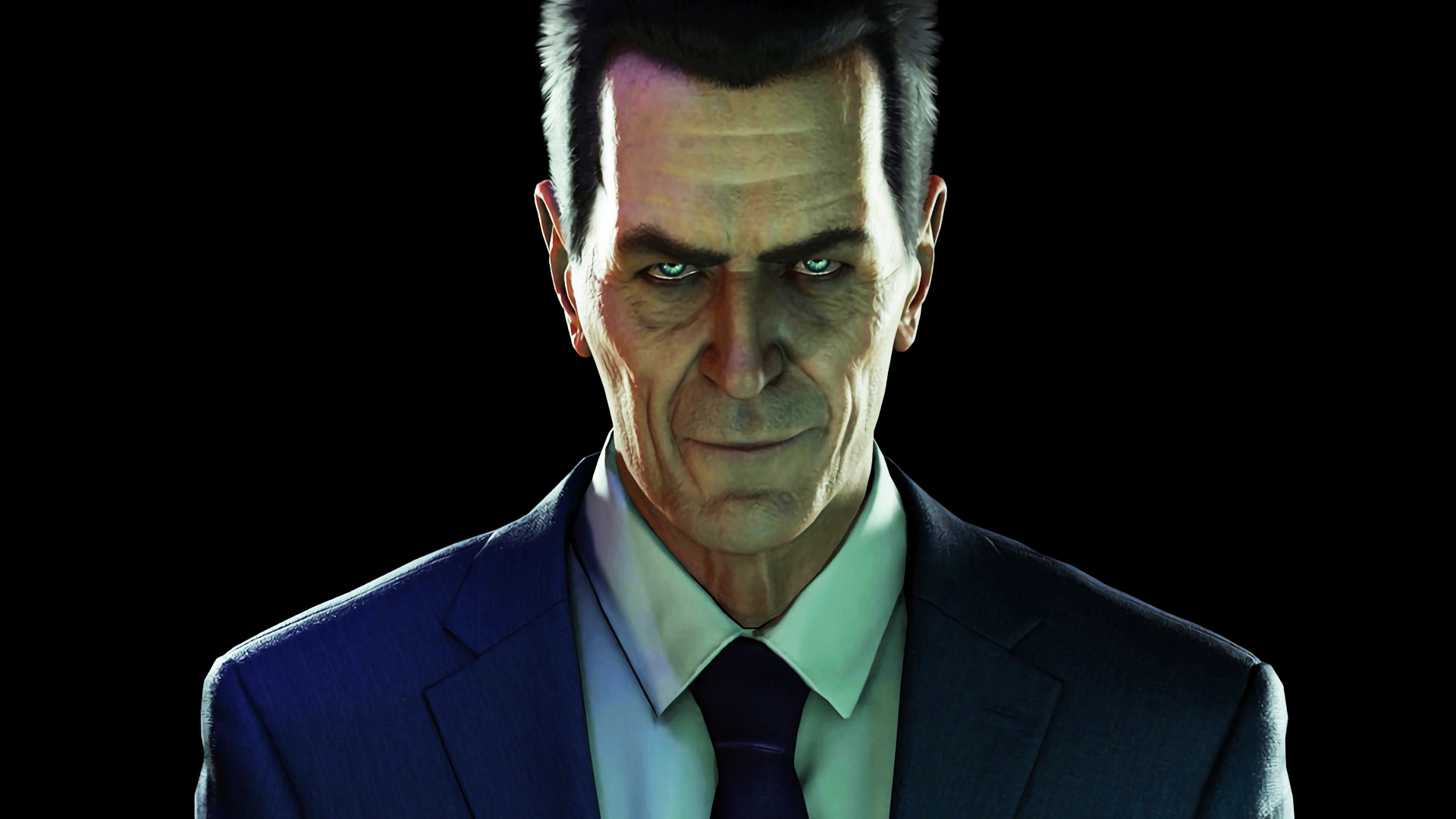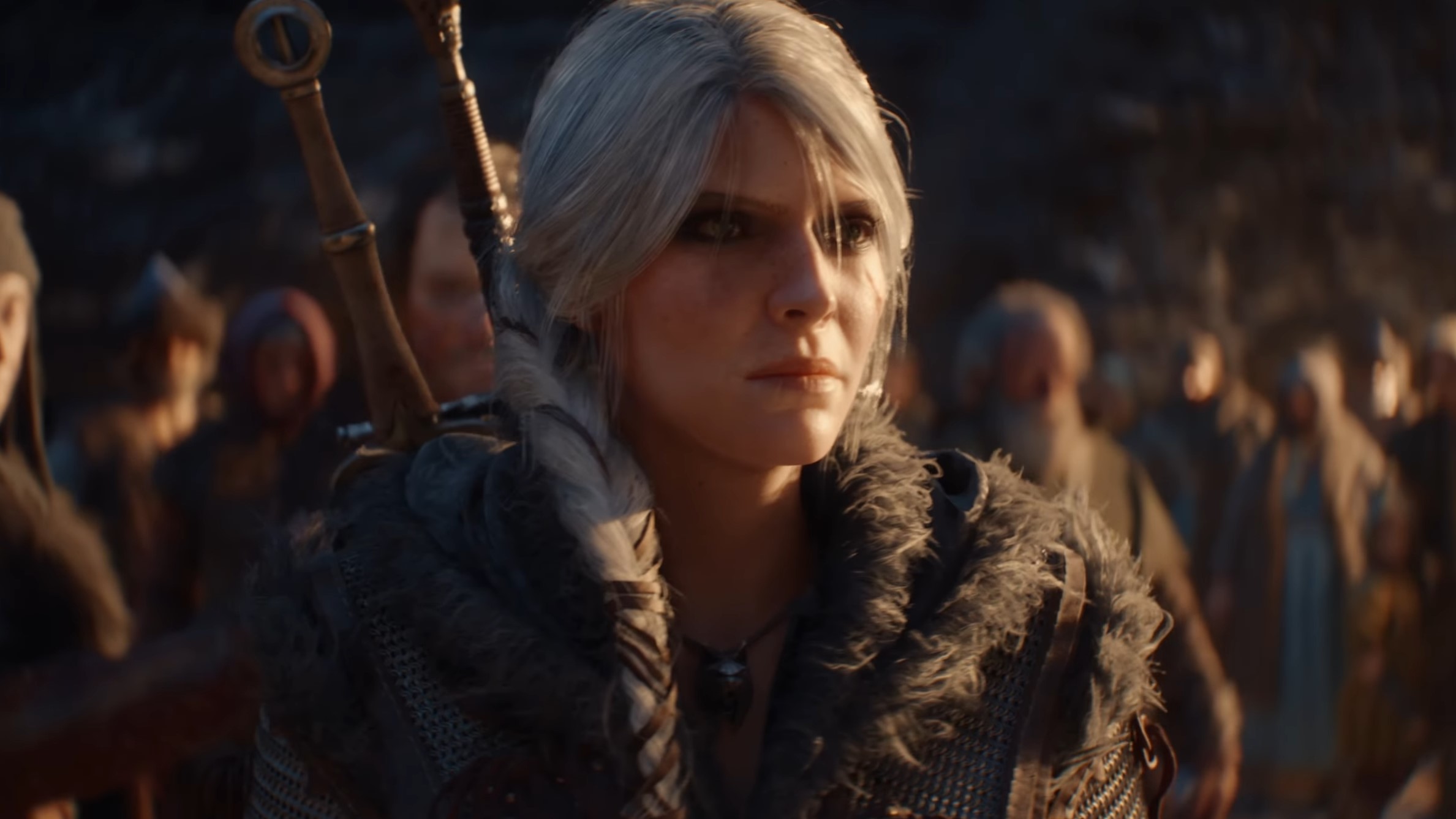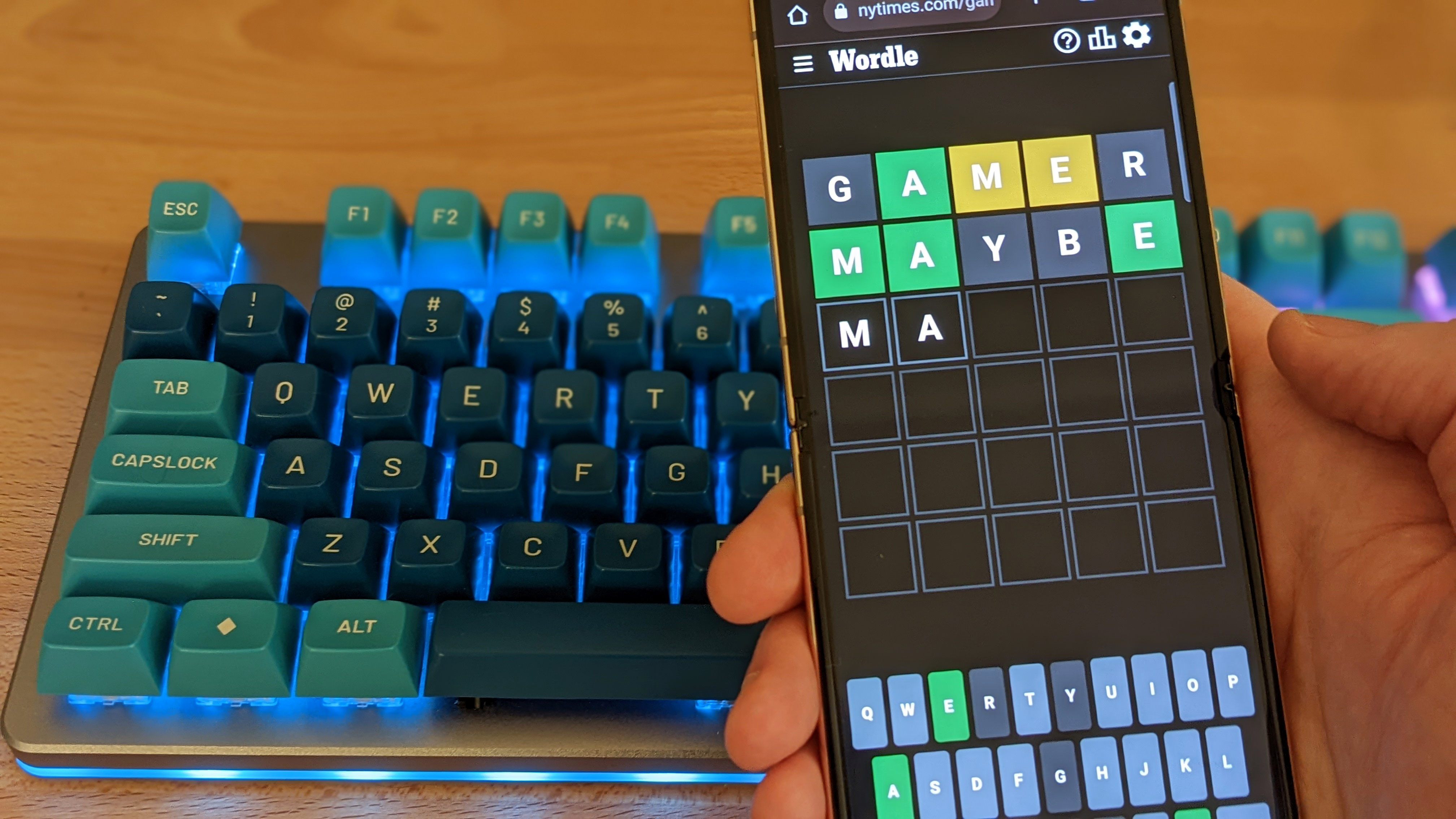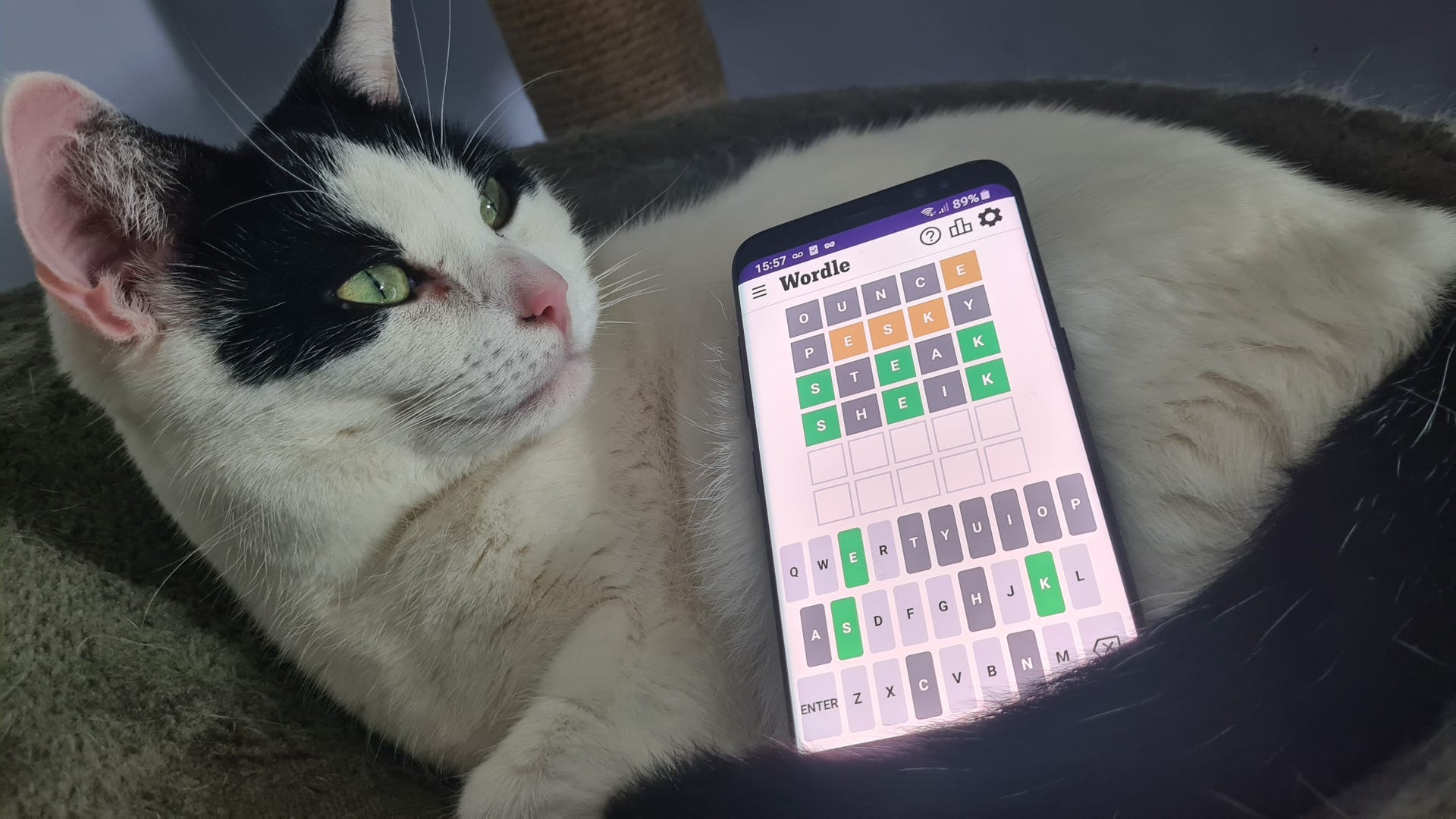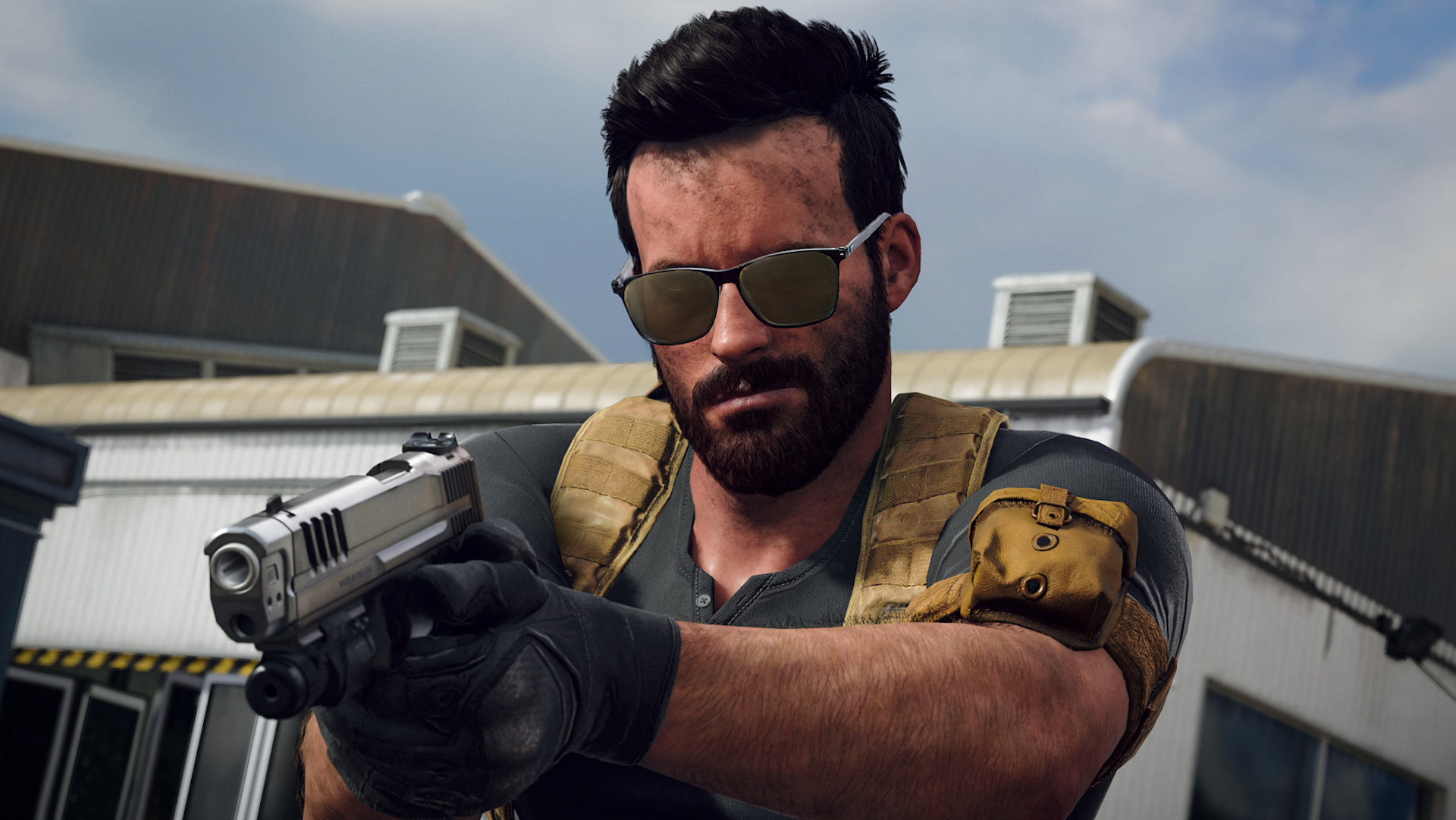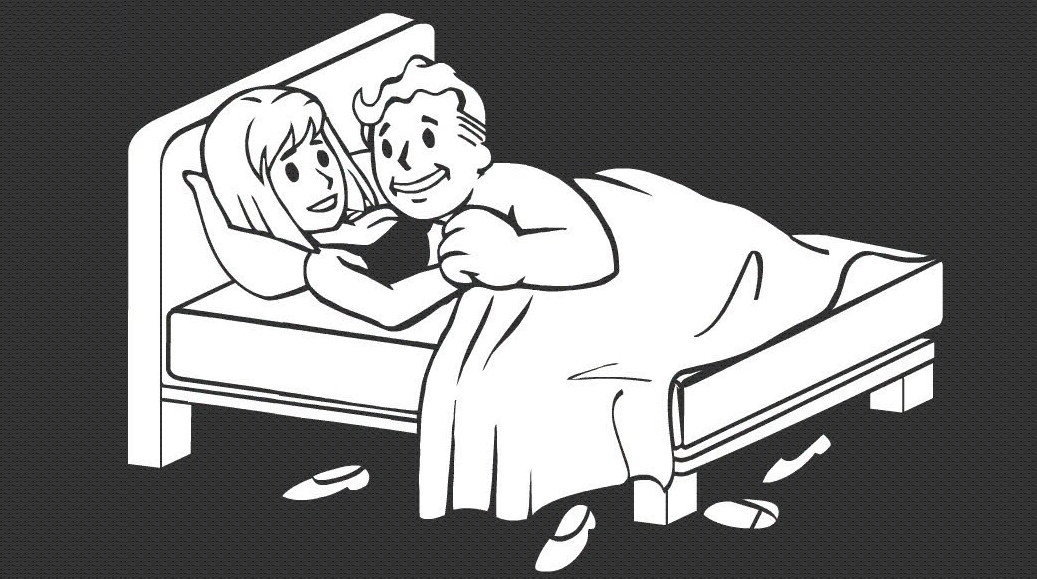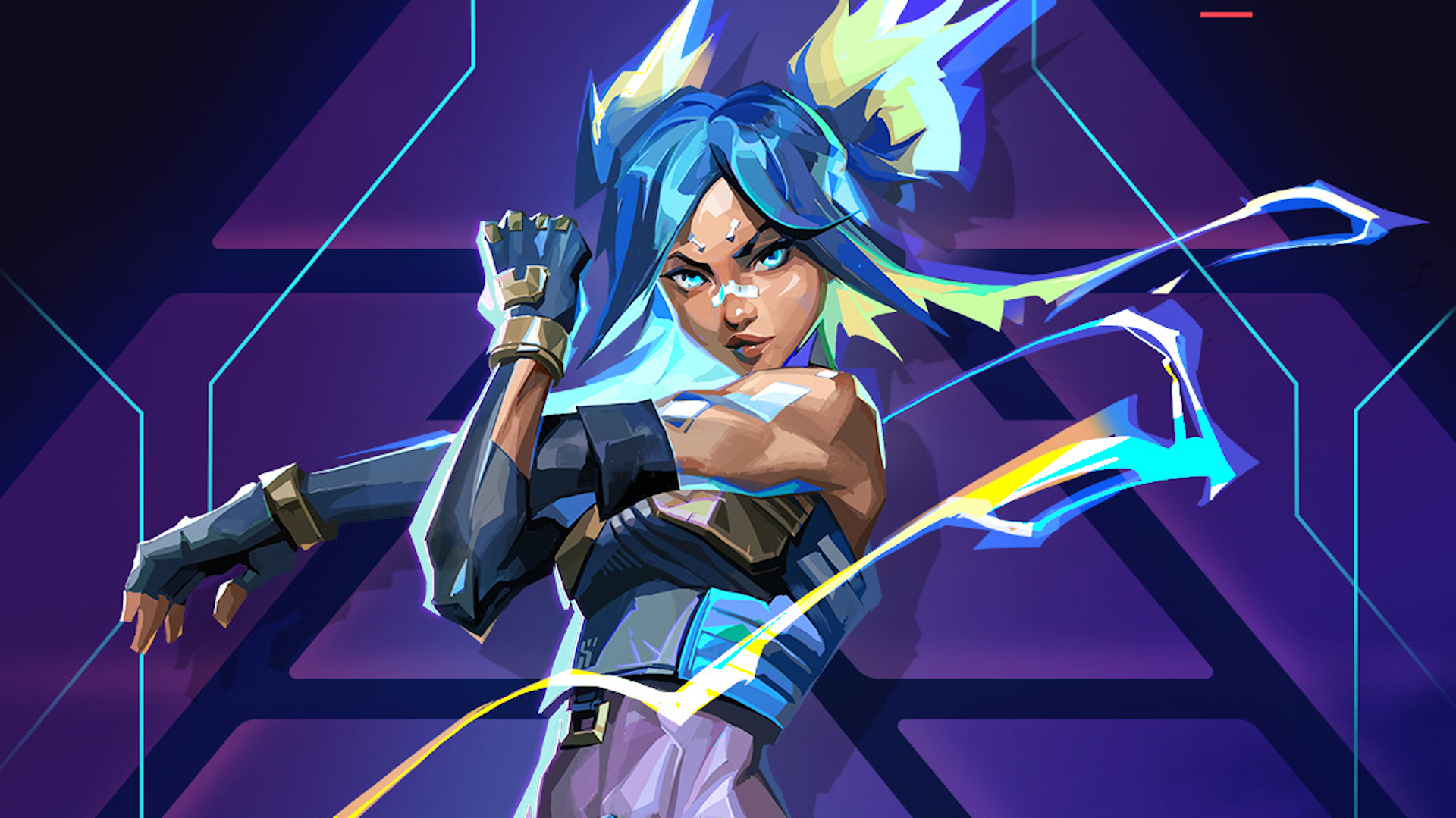
League of Legends is huge, but surely Riot can't fit 160 agents into Valorant right?
Riot Games is first and foremost known for League of Legends. It’s one of the biggest games of all times, and known jokingly on the internet as one of the worst. The MOBA has dominated TV with Arcane, music with artist collaborations with the recent one with Lil Nas X, and even fashion with luxury goods. But at the heart of these successes is the massive roster of characters the game has.
Currently, League of Legends has 161 champions. 161 different personalities, backgrounds, shapes, sizes, styles, and fighting abilities. That’s a lot of innovation and a lot of effects they can produce on one another. This roster has been built painstakingly over many years and though their popularity rises and falls, the majority of the roster at any point is seen as viable in a casual game. And as Riot’s leading example of success and popularity, Valorant fans obviously can’t help but look at League and wonder how many different characters Valorant will eventually produce, and how many would be too many,
Earlier this year I reported on the State of Valorant, and the official word on this topic was that there would be an upper limit, just not yet. John Goscicki, a senior character producer, says: “I do think that there is an upper limit. And I do think that it is, you know, even smaller than League of Legends’ current roster size. At the moment, we are not running out of ideas and ways to expand the roster in the design space. But we’re kind of constantly asking ourselves that, you know, do we adjust the release cadence once we start getting towards that upper cap?
“Do we start taking a look back at some older characters more intensively and like to revisit them and sharpen them and think about them in new ways? So you know, I’ll say yes [there is an upper limit], but not anytime soon.”
(Image credit: Riot)
Valorant, in contrast to League of Legends, has only 20 agents. There has been a steady stream of new agents since release, which can feel a little overwhelming to players returning to the game after breaks. New abilities, new faces, new voice lines, all before being blasted by lights, smokes, flashes, and damage. But as these characters have trickled into the game, there’s an amount of overlap between abilities that’s getting more frequent, causing older agents to become less applicable, shifting who’s relevant at any one time dramatically.
Unlike League, Valorant doesn’t always feel like there is room for everyone. Though there is room for more personality and new faces, it’s going to get harder for every agent to feel like they have their application at this rate. Flashes, for example, is an ability that many agents possess but come in different forms. Yoru’s flash bounces once quickly, while KAY/O’s is more like an underhanded throw. Phoenix’s turns corners for right-angle uses while Skye’s are directed by a bird she throws out and controls manually.
All, more or less, have the same end effect but the speed, execution, and finesse of each agent changes. At first Phoenix was useful for these flashes but with the addition of all the other agents mentioned here since release, his flashes were categorically seen as the worst as they required those right angle positions on his enemies. He’s now been significantly improved by increasing the speed at which they flash enemies, as well as his armour staying intact after he uses an ultimate. But Riot had to shuffle agents about, making sure they still all had their place.
(Image credit: Riot Games)
All abilities are a little like this. They all have to have their place. Smokes have different densities, lengths, deployment methods too, and abilities which give players information like Raze’s boom bot, Skye’s dog, or Fade’s prowler act differently. But one has to question how many variations on the same themes work before they start treading on the toes of other abilities.
But straying too far from the staples has been tricky too. Chamber’s focus on guns has been controversial because it means his economy in-game is the most powerful, and people recognised his damage based abilities as significantly overpowered. So he’s been nerfed. Same happened to Raze’s ultimate and grenade, and eventually Jett’s mobility too. Things that step too far out of what other agents have access to can be controversial because they can be seen as a massive advantage. So each agent has to have something new, but not too different, and a variation on the themes of molotovs, smokes, information collection, or mobility.
And that’s what will ultimately determine the size of Valorant’s roster. How many variations on the themes can fit before all these agents start stepping on the toes of others. It’s like ability Tetris, jumbling all these building blocks of characters into a stack until it will absolutely be full to the brim.
(Image credit: Riot Games)
Is Valorant close to full yet? Probably not. But as Valorant’s roster continues to grow it’ll need to slow down its pace to stabilise its current roster and it’s already doing that. The release schedule for the agents has for the first time slowed with Episode 5. Episode 5 has not yet had a new agent launch, although since Valorant’s release there have been two per Episode up until the 20th agents’ release, Fade. With this slower agent release schedule, it feels like we could keep going another few years before Riot would really start feeling the strain of the roster’s abilities overlapping too much.
It’s proven before that it knows how to innovate on character design with League of Legends but the limitations of what agents can do is still stricter in Valorant. Making an educated guess, 40 agents seems like a lot right now while we’re still at 20. Overwatch made it to 32 before going into Overwatch 2 with 35. Rainbow Six Siege has a whopping 65 operators currently while Apex Legends only has 19. Hero shooters deal with their roster sizes in very different ways as Overwatch’s heroes have kits that change completely while Apex Legends and Valorant share guns between everyone.
Really it’s very difficult to determine how long it will be before Valorant’s roster will be too big. I can’t currently see the game going down the sequel path as Overwatch did to reinvent itself. It’ll keep trudging along and slowly but surely draw out the time released between agents if the team ever does feel a huge amount of strain on its current team. An upper limit of 60 seems far too many in my mind in 2022, but hey, with what Riot has achieved before I wouldn’t be surprised if they managed to fit that many into Valorant over the next ten years.

